Audio documentary

Venture in, eyes open or closed, through imaginary landscapes proposed to you by your ears only. Warning: listen with headphones to fully experience all the nuances of these pieces.
31 products
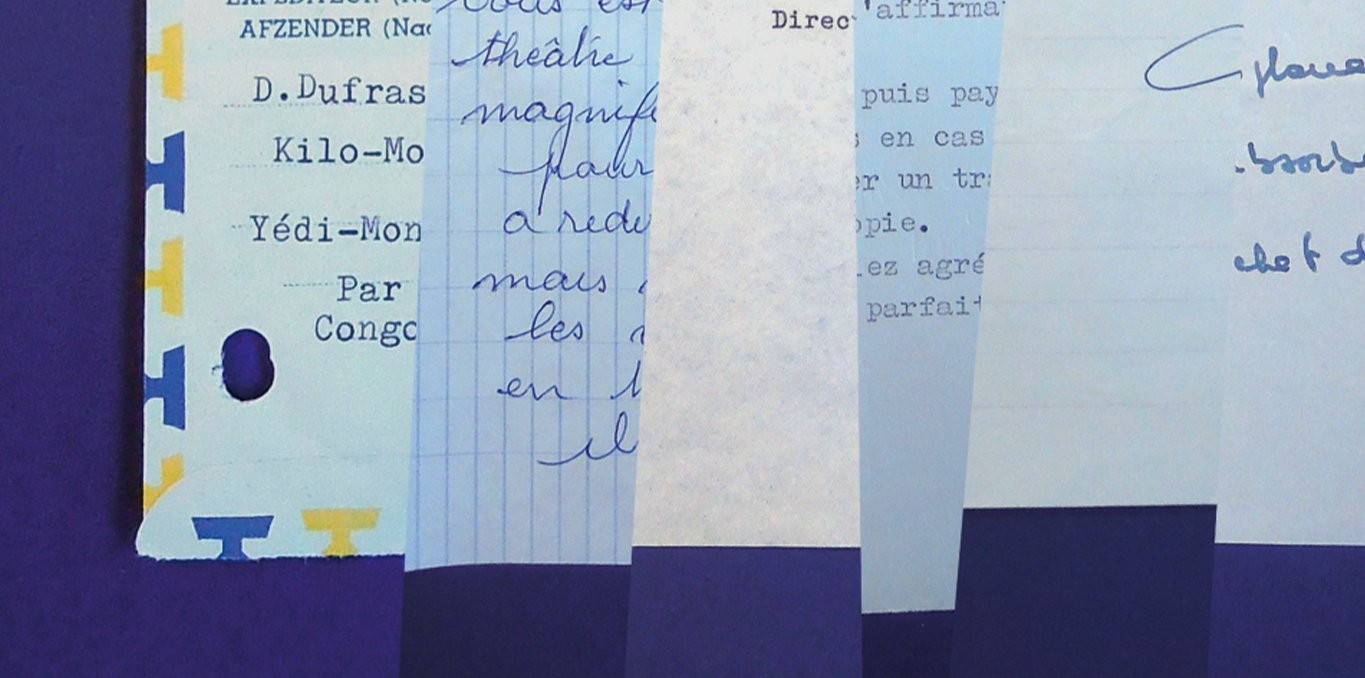
Monsieur le Directeur
Subscription access
“Mr. Director...” This is how letters addressed to the Director of Belgian public radio between 1958 and 1968 began. Any excuse was good enough to put pen to paper: a listener complained about the broadcast of a song with lyrics deemed too risqué, a young girl wondered how to become an announcer, factory workers wanted to hear more operettas during their lunch break, and so on. During this deca...
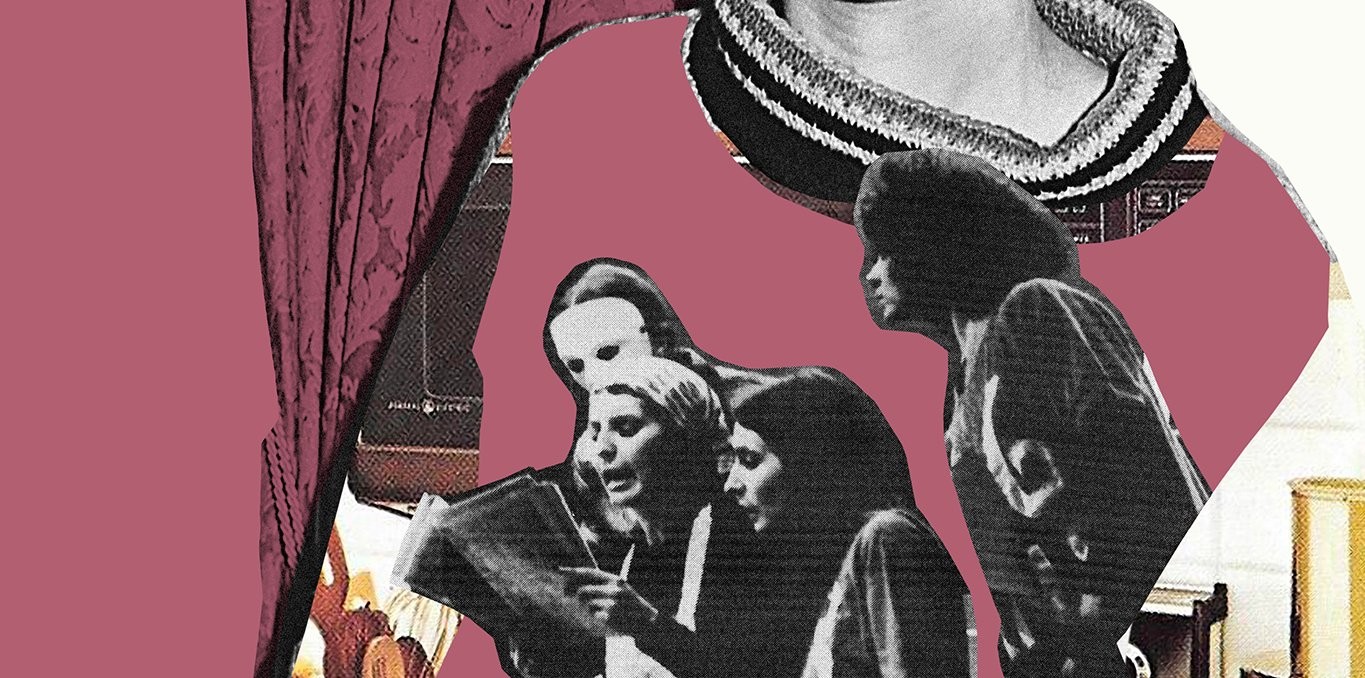
Nous sortirons de nos cuisines - Épisode 4 - Épilogue : on a réussi, mais on n’a pas fini (1982-2024)
Subscription access
Within the troupe, the wave of departures that began around _As-tu vu? Les maisons s’emportent!_ continues, and paths diverge. Activism is a never-ending task: sometimes, it’s exhausting. In 2006, thirty years after the March 8, 1976 speech that closes the first episode of _Nous sortirons de nos cuisines_, Québécois women won their battle for free access to abortion: from then on, voluntary ter...
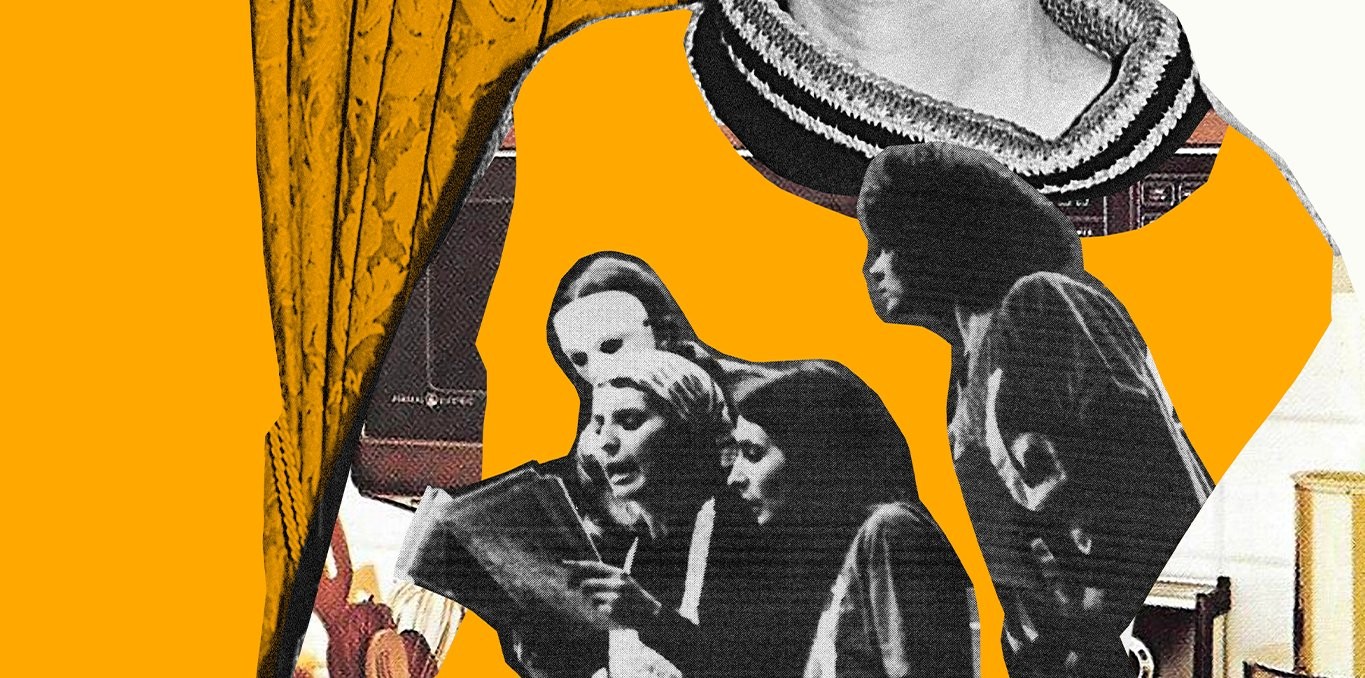
Nous sortirons de nos cuisines - Épisode 3 - As-tu vu? Les maisons s’emportent! (1979-81)
Nous sortirons de nos cuisines - Épisode 3 - As-tu vu? Les maisons s’emportent! (1979-81)
Duration: 1h00Subscription access
The premiere of _As-tu vu? Les maisons s’emportent!_ takes place 10 days before the first referendum on Quebec sovereignty. A wave of conservatism is sweeping the West: privatization policies benefit those who already have everything, and we witness the gradual dismantling of the state and the common good. Carole Fréchette suggests: “What if we made a play? But this time, we should make a play ...
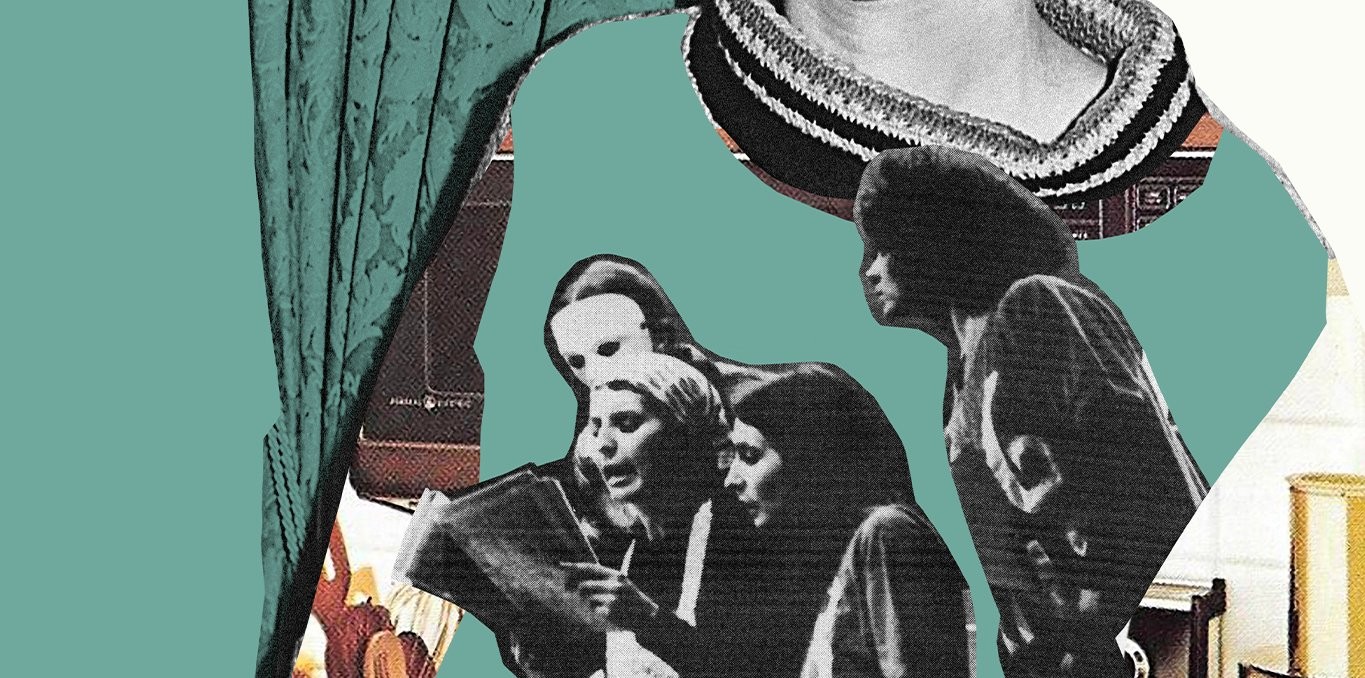
Nous sortirons de nos cuisines - Épisode 2 - Môman travaille pas, a trop d’ouvrage! (1974-75)
Nous sortirons de nos cuisines - Épisode 2 - Môman travaille pas, a trop d’ouvrage! (1974-75)
Duration: 1h01Subscription access
The UN declared 1975 the “International Women's Year,” ironically using the singular form in French (Année internationale de la femme). It was a pivotal time: more and more women were divorcing or entering the workforce. Yet a pregnancy was enough to justify dismissal, and maternity leave would not exist until 1979. The members of Théâtre des Cuisines returned to the stage with their second pla...
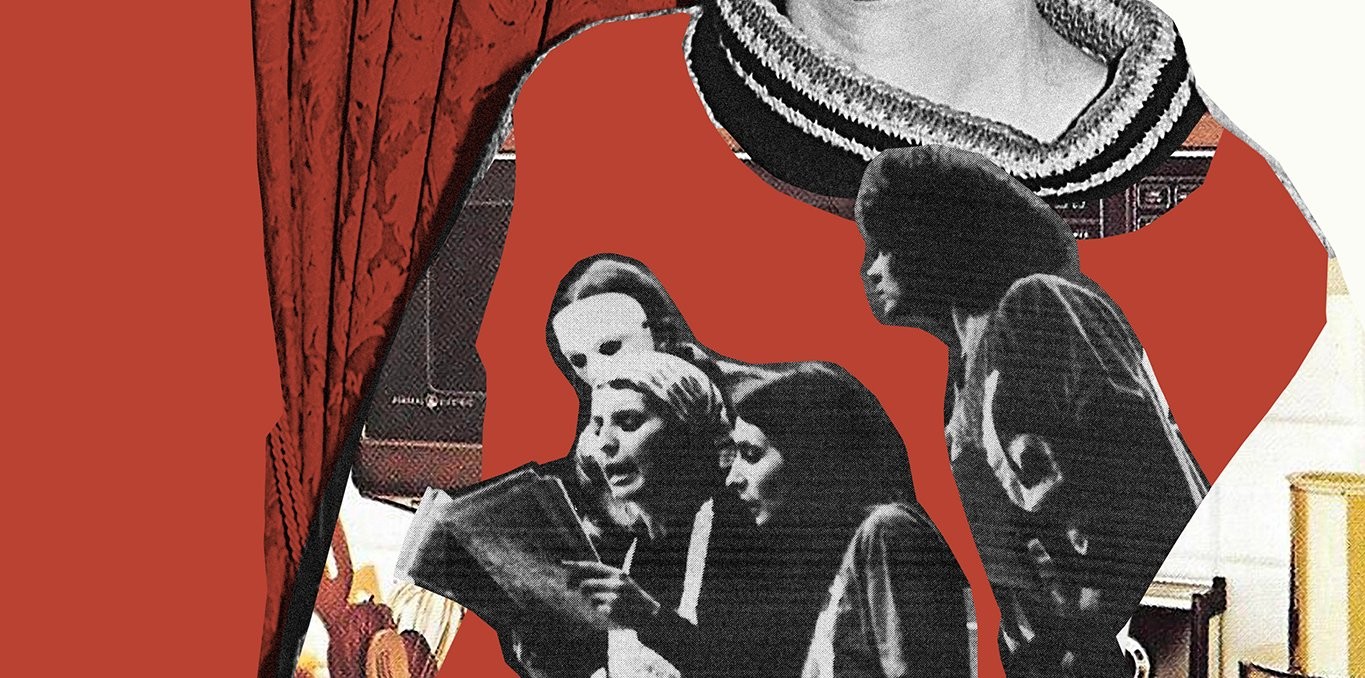
Nous sortirons de nos cuisines - Épisode 1 - Nous aurons les enfants que nous voulons (1968-74)
Nous sortirons de nos cuisines - Épisode 1 - Nous aurons les enfants que nous voulons (1968-74)
Duration: 1h02Subscription access
Montreal, 1973. Canadian law now permits abortion. But the criteria are very restrictive, and women depend on the goodwill—more often the ill will—of the men sitting on the committees that approve or deny them. Quebec is the province where it is most difficult to terminate an unwanted pregnancy, and clandestine abortions are common: they are the leading cause of hospitalization among women. Yet...

Temps mort
Boredom sneaks in everywhere. In work offices, in museums, in the middle of traffic jams, in hotel lobbies, in classrooms and of course in my own bedroom. It’s wild, and through it imagination can thrive. Nonetheless, I do everything to avoid it, and dead zones are considered as threats to the greater good and the progress of mankind. To explore this uncharted territory, I collected the words o...

Les barrières mobiles
Since the 90s in France, under the Vigipirate anti-terrorism plan, mobile barriers have been used in public spaces to modify and regulate their use. Originally designed for temporary public order missions, they were installed on a permanent basis in streets, squares, parks, in front of town halls, schools, religious buildings, museums, etc., to establish secure perimeters and control flows arou...

Phonobiographie #1
It was a winter day in Madrid. I took the express train "Puerta del Sol" to Brussels. At that time, Hendeva was the final station for our trains. The Spanish tracks and the French tracks were not of the same width, a defensive measure implemented by Franco’s government. Disembarking from the train, I held my suitcase tightly in one hand, while the other clutched my passport. In the dead of nigh...

I Speak All Languages, But In Arabic
I Speak All Languages, But In Arabic
Duration: 1h44From the peaks of the High Atlas to a mouth's cavity, the creative documentary Je parle toutes les langues, mais en arabe (I speak all languages, but in Arabic) takes us on a journey along a vocal furrow that leads from song to language. In the relief of this furrow, the memory of words, the traces of colonial violence, a song of remedy, the history of letters and the cosmos are inscribed. Inte...

An Extraordinary Excursion
I inherited some small audio cassettes. You can hear very old men and women, as well as sounds of cutlery, carts and doors. I found them in my mother's cupboard when I was twenty. She recorded everything when she worked in a retirement home in the 90s...

Derrière le masque
Located in Nantes, Le Masque is a legendary bar for several generations of night owls, activists and local residents. Behind the counter, Josy, in her 70s, still brings her personal touch to this atypical place. As we push open the bar's door, we also enter into its intimacy. From barroom gossip to confidences, find out who's behind Le Masque...

Canis Lupus Belgicus
Subscription access
They come from Germany, France and Italy. They travel dozens of kilometres every night. Have the wolves crossed Belgium's borders? Is Belgium ready? What would you do if you saw a wolf? _Canis Lupus Belgicus_ is a radio investigation into the tracks of the wolf in Wallonia.

Le jeu des miroirs de Kali
A work of electroacoustic music by composer Félix-Antoine Morin created from recordings made in North India in 2013.

My mother’s words
_My mother’s words_ tells the everyday life of a woman who loses her words. By her side, her three children, each in their own way, watch over her, set the tempo and organize her daily life. Moving her out of the house she has lived in for 40 years would break her down. She carries inside her layers of a story, of a territory. Her house, the barn, the little river, and the trees are the last la...

Where the Rivers Meet
*Where the Rivers Meet* takes its source in Montbéliard – a city in which many rivers have been diverted, buried, channeled – and attempts to reveal the invisible links between the inhabitants of a city undergoing profound change, where it seems to be becoming more and more complicated to communicate. Through the metaphor of an incredible and unexplained rise of the rivers, this audio creation...

09h20 : Divorce
Emmanuel Vigier finds a diary in a street in Marseille. At first, he doesn't know the name of its owner. Then one day, he discovers it on the first page. He begins to investigate the life of a woman with the people who knew her closely. A story of music, injustice, and social decline is woven; a sonic portrait created in complicity with Gery Petit.

La Piéròtta
Subscription access
In the spring of 1956, musicologist Sergio Liberovici travels through the Cogne Valley in Northern Italy. He begins his recordings at the Hotel Grivola. The singer who performs in front of him is a woman from Cogne, Henriette Guichardaz, nicknamed "La Piéròtta". For him, she will perform five songs. Péroline Barbet questions the trace and directs her microphone towards the oral memory of the pl...

Rapa Nui
Subscription access
Sound immersion on Easter Island, now officially named "Rapa Nui", after the native Polynesian people who settled there. It is one of the most isolated inhabited islands in the world, lost thousands of kilometers between Tahiti and the Chilean coast. A volcanic land beaten by the winds and waves of the Pacific Ocean, it is home to many myths and is populated by stone giants: the moai. A few ste...

Pearl
Fos' life and body were governed by her community, her father, her husband. Submissive and silent, that is what was required of her. To better mark this control, she was inflicted with the seal of submission by being circumcised at the age of 6. Fos never wanted to be that woman. Exiled in Belgium, she realizes that the word woman deserves another definition, that a woman has the right to the i...

Abbaye
On the shores of Lake Memphremagog, in Quebec, stands the Abbey of Saint-Benoît-du-Lac. 27 monks live there, according to the precepts of the Rule of Saint Benedict. \*Abbaye\* proposes to meet them, though sound. A contrasting universe where sound and poetic encounters are staged between the microscopic and the immense, the prosaic and the spiritual, the anecdotal and the imaginary, the ancien...

Monsieur le Directeur
Subscription access
“Mr. Director...” This is how letters addressed to the Director of Belgian public radio between 1958 and 1968 began. Any excuse was good enough to put pen to paper: a listener complained about the broadcast of a song with lyrics deemed too risqué, a young girl wondered how to become an announcer, factory workers wanted to hear more operettas during their lunch break, and so on. During this deca...

Nous sortirons de nos cuisines - Épisode 4 - Épilogue : on a réussi, mais on n’a pas fini (1982-2024)
Subscription access
Within the troupe, the wave of departures that began around _As-tu vu? Les maisons s’emportent!_ continues, and paths diverge. Activism is a never-ending task: sometimes, it’s exhausting. In 2006, thirty years after the March 8, 1976 speech that closes the first episode of _Nous sortirons de nos cuisines_, Québécois women won their battle for free access to abortion: from then on, voluntary ter...

Nous sortirons de nos cuisines - Épisode 3 - As-tu vu? Les maisons s’emportent! (1979-81)
Nous sortirons de nos cuisines - Épisode 3 - As-tu vu? Les maisons s’emportent! (1979-81)
Duration: 1h00Subscription access
The premiere of _As-tu vu? Les maisons s’emportent!_ takes place 10 days before the first referendum on Quebec sovereignty. A wave of conservatism is sweeping the West: privatization policies benefit those who already have everything, and we witness the gradual dismantling of the state and the common good. Carole Fréchette suggests: “What if we made a play? But this time, we should make a play ...

Nous sortirons de nos cuisines - Épisode 2 - Môman travaille pas, a trop d’ouvrage! (1974-75)
Nous sortirons de nos cuisines - Épisode 2 - Môman travaille pas, a trop d’ouvrage! (1974-75)
Duration: 1h01Subscription access
The UN declared 1975 the “International Women's Year,” ironically using the singular form in French (Année internationale de la femme). It was a pivotal time: more and more women were divorcing or entering the workforce. Yet a pregnancy was enough to justify dismissal, and maternity leave would not exist until 1979. The members of Théâtre des Cuisines returned to the stage with their second pla...

Nous sortirons de nos cuisines - Épisode 1 - Nous aurons les enfants que nous voulons (1968-74)
Nous sortirons de nos cuisines - Épisode 1 - Nous aurons les enfants que nous voulons (1968-74)
Duration: 1h02Subscription access
Montreal, 1973. Canadian law now permits abortion. But the criteria are very restrictive, and women depend on the goodwill—more often the ill will—of the men sitting on the committees that approve or deny them. Quebec is the province where it is most difficult to terminate an unwanted pregnancy, and clandestine abortions are common: they are the leading cause of hospitalization among women. Yet...

Temps mort
Boredom sneaks in everywhere. In work offices, in museums, in the middle of traffic jams, in hotel lobbies, in classrooms and of course in my own bedroom. It’s wild, and through it imagination can thrive. Nonetheless, I do everything to avoid it, and dead zones are considered as threats to the greater good and the progress of mankind. To explore this uncharted territory, I collected the words o...

Les barrières mobiles
Since the 90s in France, under the Vigipirate anti-terrorism plan, mobile barriers have been used in public spaces to modify and regulate their use. Originally designed for temporary public order missions, they were installed on a permanent basis in streets, squares, parks, in front of town halls, schools, religious buildings, museums, etc., to establish secure perimeters and control flows arou...

Phonobiographie #1
It was a winter day in Madrid. I took the express train "Puerta del Sol" to Brussels. At that time, Hendeva was the final station for our trains. The Spanish tracks and the French tracks were not of the same width, a defensive measure implemented by Franco’s government. Disembarking from the train, I held my suitcase tightly in one hand, while the other clutched my passport. In the dead of nigh...

I Speak All Languages, But In Arabic
I Speak All Languages, But In Arabic
Duration: 1h44From the peaks of the High Atlas to a mouth's cavity, the creative documentary Je parle toutes les langues, mais en arabe (I speak all languages, but in Arabic) takes us on a journey along a vocal furrow that leads from song to language. In the relief of this furrow, the memory of words, the traces of colonial violence, a song of remedy, the history of letters and the cosmos are inscribed. Inte...

An Extraordinary Excursion
I inherited some small audio cassettes. You can hear very old men and women, as well as sounds of cutlery, carts and doors. I found them in my mother's cupboard when I was twenty. She recorded everything when she worked in a retirement home in the 90s...

Derrière le masque
Located in Nantes, Le Masque is a legendary bar for several generations of night owls, activists and local residents. Behind the counter, Josy, in her 70s, still brings her personal touch to this atypical place. As we push open the bar's door, we also enter into its intimacy. From barroom gossip to confidences, find out who's behind Le Masque...

Canis Lupus Belgicus
Subscription access
They come from Germany, France and Italy. They travel dozens of kilometres every night. Have the wolves crossed Belgium's borders? Is Belgium ready? What would you do if you saw a wolf? _Canis Lupus Belgicus_ is a radio investigation into the tracks of the wolf in Wallonia.

Le jeu des miroirs de Kali
A work of electroacoustic music by composer Félix-Antoine Morin created from recordings made in North India in 2013.

My mother’s words
_My mother’s words_ tells the everyday life of a woman who loses her words. By her side, her three children, each in their own way, watch over her, set the tempo and organize her daily life. Moving her out of the house she has lived in for 40 years would break her down. She carries inside her layers of a story, of a territory. Her house, the barn, the little river, and the trees are the last la...

Where the Rivers Meet
*Where the Rivers Meet* takes its source in Montbéliard – a city in which many rivers have been diverted, buried, channeled – and attempts to reveal the invisible links between the inhabitants of a city undergoing profound change, where it seems to be becoming more and more complicated to communicate. Through the metaphor of an incredible and unexplained rise of the rivers, this audio creation...

09h20 : Divorce
Emmanuel Vigier finds a diary in a street in Marseille. At first, he doesn't know the name of its owner. Then one day, he discovers it on the first page. He begins to investigate the life of a woman with the people who knew her closely. A story of music, injustice, and social decline is woven; a sonic portrait created in complicity with Gery Petit.

La Piéròtta
Subscription access
In the spring of 1956, musicologist Sergio Liberovici travels through the Cogne Valley in Northern Italy. He begins his recordings at the Hotel Grivola. The singer who performs in front of him is a woman from Cogne, Henriette Guichardaz, nicknamed "La Piéròtta". For him, she will perform five songs. Péroline Barbet questions the trace and directs her microphone towards the oral memory of the pl...

Rapa Nui
Subscription access
Sound immersion on Easter Island, now officially named "Rapa Nui", after the native Polynesian people who settled there. It is one of the most isolated inhabited islands in the world, lost thousands of kilometers between Tahiti and the Chilean coast. A volcanic land beaten by the winds and waves of the Pacific Ocean, it is home to many myths and is populated by stone giants: the moai. A few ste...

Pearl
Fos' life and body were governed by her community, her father, her husband. Submissive and silent, that is what was required of her. To better mark this control, she was inflicted with the seal of submission by being circumcised at the age of 6. Fos never wanted to be that woman. Exiled in Belgium, she realizes that the word woman deserves another definition, that a woman has the right to the i...

Abbaye
On the shores of Lake Memphremagog, in Quebec, stands the Abbey of Saint-Benoît-du-Lac. 27 monks live there, according to the precepts of the Rule of Saint Benedict. \*Abbaye\* proposes to meet them, though sound. A contrasting universe where sound and poetic encounters are staged between the microscopic and the immense, the prosaic and the spiritual, the anecdotal and the imaginary, the ancien...
